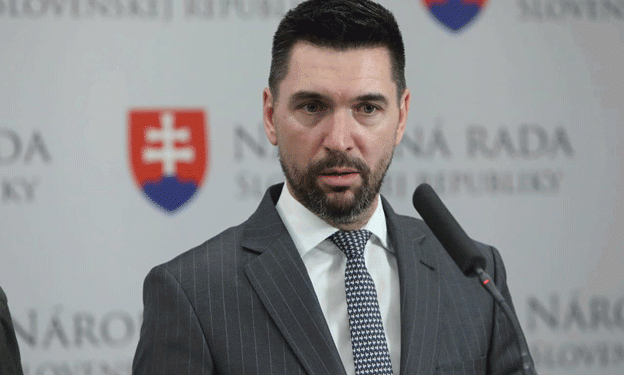Slovakia’s potato production has been in decline for years, and the situation is becoming increasingly dire. With climate change intensifying and weather patterns becoming less predictable, the cultivation of potatoes is now heavily dependent on effective irrigation systems. This article examines the current state of potato farming in Slovakia, the challenges posed by climate change, and the steps being taken by the government and industry leaders to reverse the trend.
The Decline in Potato Production
Potato farming in Slovakia has experienced a significant decrease in recent years. In 2023, Slovak farmers cultivated potatoes on just 5,428 hectares, a far cry from the area required to achieve national self-sufficiency. Early potatoes are grown on 1,033 hectares, with an average yield of 24.92 tonnes per hectare, while the remaining 4,395 hectares dedicated to other potato varieties have a slightly higher yield of 25.30 tonnes per hectare.
Despite being a staple food in Slovak households, the country is increasingly reliant on imports to meet its potato demand. In 2022, Slovakia’s self-sufficiency in potato production was only 48.5%, and projections for 2023 suggest a further decline to just 40.4%. This downward trend highlights the pressing need for revitalization in the potato farming sector.
The Impact of Climate Change and the Need for Irrigation
One of the key factors contributing to the decline in potato production is climate change. Unpredictable weather patterns, including extreme temperatures and irregular rainfall, have made it increasingly difficult for farmers to rely on traditional farming methods. As a result, potato farming has become heavily dependent on irrigation, particularly in the southern regions of Slovakia where irrigation systems are more prevalent.
Richard Takáč, Slovakia’s Minister of Agriculture and Rural Development, emphasized the importance of irrigation in sustaining potato production. During his visit to potato growers in Nová Dedinka, Senec district, Takáč stated, “Given the long-term decline in potato production and the unpredictable nature of climate change, potato farming is now entirely dependent on irrigation.”
To address these challenges, the Slovak government is focusing on reviving the state-owned Hydromeliorácie company, which manages the country’s irrigation infrastructure. By investing in the restoration and expansion of irrigation systems, the government aims to support local potato growers and increase production to reduce the country’s dependence on imports.
Government and Industry Efforts to Revitalize Potato Farming
In response to the ongoing decline in potato production, the Slovak government has taken several steps to support the industry. These include financial subsidies for specialized crop production and investments in infrastructure to improve irrigation. The government’s commitment to reviving Hydromeliorácie is a crucial part of this strategy, as it will enable more efficient use of water resources and enhance the resilience of potato farming against climate-related challenges.
Industry leaders have also called for greater support for local potato growers. Jozef Šumichrast, chairman of the Slovak Potato and Vegetable Association, noted, “We have finally moved from words to action. It is no longer just about talking about specialized crop production; it is about providing real support.”
Additionally, the closure of the Ústredný kontrolný a skúšobný ústav potravinársky (ÚKSUP) testing station in Haniska has raised concerns among potato growers. This station was the only facility in Slovakia providing comprehensive diagnostics for viruses and quarantine bacteria in seed potatoes. Without the necessary certifications from this station, it is impossible to sell seed potatoes both domestically and internationally. To address this gap, a new testing station will open in Belža in the autumn, ensuring that these critical services remain available to Slovak potato farmers.
The future of potato production in Slovakia is at a critical juncture. With declining self-sufficiency, increased reliance on imports, and the challenges posed by climate change, it is clear that the industry needs substantial support to thrive. By investing in irrigation infrastructure, providing financial assistance to farmers, and ensuring the availability of essential testing services, Slovakia can take significant steps toward revitalizing its potato sector.
For Slovak farmers, agronomists, and agricultural engineers, the path forward involves embracing new technologies, improving resource management, and working collaboratively with government and industry partners. Only through these concerted efforts can Slovakia hope to increase its potato production and reduce its dependence on imports, ensuring that this staple food remains a vital part of the Slovak diet.







